Iranian Teenage Bride Murdered While Seeking Divorce
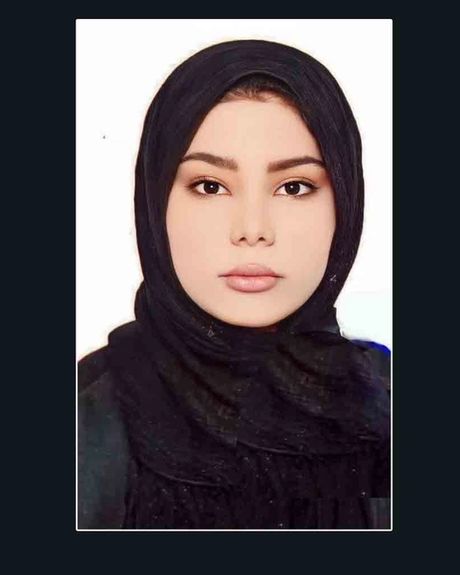
A tragedy unfolded in Ravansar in the Iranian province of Kermanshah as a 14-year-old child bride, Mona Aghaie, lost her life at the hands of her own brother.

A tragedy unfolded in Ravansar in the Iranian province of Kermanshah as a 14-year-old child bride, Mona Aghaie, lost her life at the hands of her own brother.
According to the Center For Human Rights In Iran, the victim had been seeking a divorce before her life was cut short. Apparently, the brother killed her to uphold the family's honor.
The death of Mona Aghaie is not an isolated incident. Individual acts of violence, often referred to as honor killings, remain alarmingly intertwined with certain societal beliefs and Iran's legal framework. Many perpetrators of such acts are not brought to justice, especially when they are family members of the victim. This is particularly true if the perpetrator is the victim's father.
Iran's Islamic Penal Code includes a provision that fathers, and paternal grandfathers cannot be sentenced to death for killing their child or grandchild. Instead, they may face prison sentences and the obligation to pay "blood money" to the next of kin, typically the mother if demanded. Moreover, mothers have the authority to forgive the murderer entirely, waiving the blood money.
In cases of particularly violent crimes or those deemed to harm society, judges have the authority to impose additional sentences "on behalf of the public." However, the prevalence of honor killings in certain parts of Iran persists, largely due to the Islamic Republic's lenient laws and light sentences, which can encourage such behavior.
Advocates and organizations dedicated to women's rights and human rights have been calling for immediate action to address these pressing issues and ensure justice for victims like Mona.
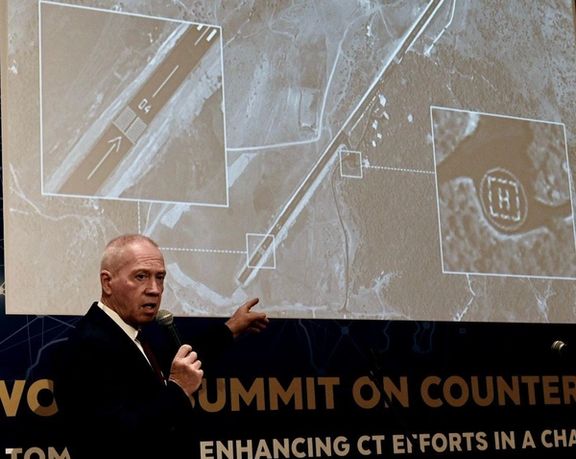
Israeli Defense Minister Yoav Gallant has leveled accusations against Iran, alleging the establishment of an airport facility in southern Lebanon.
Gallant asserted Monday that Iran's intention behind establishing the airport is to facilitate potential attacks against Israel.
Addressing an international security conference hosted by Reichman University, Gallant presented evidence in the form of aerial images of the alleged site. According to the defense minister, the site is strategically situated approximately 20 kilometers (12.4 miles) from the Israeli border town of Metulla and possesses the capacity to accommodate mid-sized aircraft.
The backdrop to this accusation is the current control of southern Lebanon by Hezbollah, an armed militant group backed by Iran, with which Israel engaged in a war in 2006. Recent months have witnessed a resurgence of tensions in the region, raising concerns about regional stability and renewed large-scale armed conflict.
For Iran's clerical regime, Lebanon serves as a foothold dominated by Hezbollah, affording them the means to threaten Israel. While many Shiites view Iran as a source of financial support, a significant portion of Lebanon's Christian and Sunni populations resent Hezbollah and Iran's growing influence.
The founder of the Islamic Republic of Iran, Ayatollah Ruhollah Khomeini and his successors, have consistently expressed enmity towards Israel and have repeatedly called for its destruction over the years. Iran's arming of Hezbollah with a substantial arsenal of rockets and missiles further compounds the security challenges, directly threatening Israeli cities due to Hezbollah's operational presence in Shiite-dominated southern Lebanon.
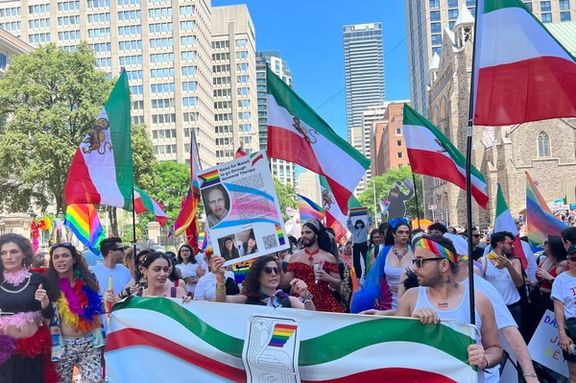
Iranian LGBTQ activists have endorsed worldwide protests on September 16 to commemorate the death of Mahsa Amini.
In a joint statement, activist groups such as Simorgh, Six Colors, the Iranian Rainbow Coalition, and the Queer Rights Group claim that the current revolutionary wave holds the potential to secure the liberation and equality of the rainbow community in Iran, marking the end of centuries of discrimination and prejudice, including to the country's LGBTQ community.
They have called on political and social groups, both within and outside of Iran, to join in anti-regime protests.
Since the inception of the Women, Life, Freedom uprising, the Iranian LGBTQ community has been at the forefront, articulating their vision for a post-Islamic Republic Iran through active participation in both domestic and international protests.
Despite the many challenges faced by LGBTQ individuals in Iran, they continue to confront dangers, including the risk of execution and other forms of punishment under the laws of the Islamic Republic.
Iranian authorities have resorted to derogatory labels and stigmatization when addressing LGBTQ citizens, referring to them as "deviant" and "sick", same sex relations forbidden in Islamic laws.
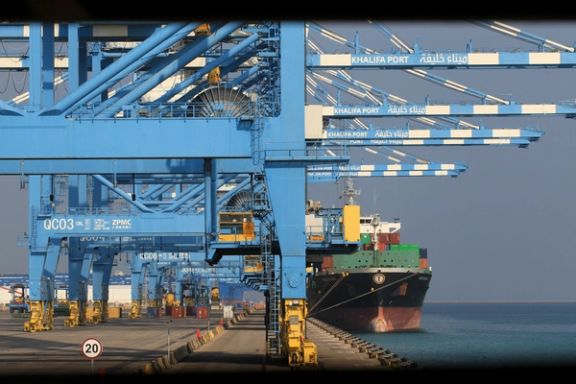
As diplomatic ties between the United Arab Emirates and Iran strengthen, economic and trade ties are also growing.
The two countries resumed diplomatic relations last year, the UAE sending its ambassador back to Tehran after six years of Cold War style ties.
The UAE downgraded its ties with Iran after Saudi Arabia severed its own relations with Tehran in January 2016. The move followed the storming of the Saudi embassy in Tehran by Iranian protesters after Riyadh executed a prominent Shiite cleric.
After years of animosity on different sides of geo-political rivalries, the UAE started re-engaging with Tehran in 2019 following attacks in Gulf waters and on Saudi energy sites amid heightened tensions after Washington quit global powers' nuclear pact with Iran.
In recent months, the UAE has rolled back limits on corporate registrations and the issuance of visas to companies from Iran, which remains subject to tough US sanctions. Iranian financiers are also exploring how to enhance bilateral trade by creating financial mechanisms to fund legitimate transactions, the Financial Times reported Sunday.
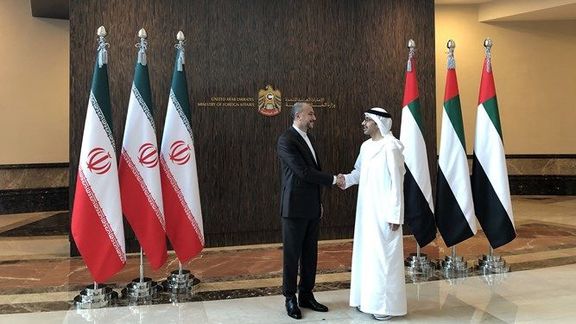
The UAE, a traditional center for re-exports into the Islamic Republic, offers a boon to the two countries’ ties, which continue to be blighted by geopolitical tensions including disputed islands which both claim to be their territory, and Iran’s ongoing nuclear ambitions. Around half a million Iranians live in the country, one of the biggest centres for the Iranian diaspora after the US.
UAE diplomatic outreach to Iran since 2019, in response to attacks on international shipping around the Gulf, has been strengthened by the China-brokered breakthrough this year that re-established relations between the Islamic republic and its traditional foe Saudi Arabia.
China remains the regime’s top trade partner but the UAE is its second, according to The Financial Times, which claims trade between Iran and the UAE has recovered from a pandemic slump of $11bn in 2020/2021 to $24bn in the 12 months ending in March, according to Iranian data.
The increase surpasses the $22bn recorded in 2012 before US-led sanctions started to bite. Iranian officials have said they are now targeting a further increase in bilateral trade towards $30bn in the next two years.
“Pressure from the UAE central bank has decreased and some Emirati banks have started opening bank accounts,” said Masoud Daneshmand, a former head of Iran-UAE chamber of commerce, speaking to the FT.
“Currently, some Iranian companies which used to be in the UAE but had become inactive have become active again. Some new companies have also started business.”
Sanctions against Iran have made the UAE wary, but not so wary as to stop business entirely. Just like their relationship with Russia, the show must go on.
Some Iranian companies and banks have used trustees in the UAE who can act as a proxy for cross-border transactions as a way of sidestepping the current restrictions. “When goods come from Europe and Canada to Iran’s market, an Emirati pays for them and Iranians pay the Emirati,” said Daneshmand, speaking to the FT, which claims even some Iranian banks are now approaching counterparts in the UAE in a bid to formalise the previously grey nature of their business.
However, the UAE’s newfound relationship with Israel, following the 2020 US-brokered Abraham Accords, has also created tensions between the two nations.
The UAE has deployed Israeli missile defense technology to protect against possible attacks, stepping up security in the wake of the country’s worst attack in its history in 2022, when Iranian drones killed three, in the hands of Houthi rebels, an Iran backed proxy in Yemen. The act was retaliation for the UAE’s support of Saudi in the Yemen war.
While the UAE largely remains quiet on sensitive topics on the public stage, in August, Hamad Alkaabi, the UAE's permanent representative to the UN's International Atomic Energy Agency (IAEA), made a rare public voicing "profound concern" regarding Iran's nuclear program and called on Tehran to cooperate fully with United Nations inspectors, stressing that Iran's uranium enrichment activities lacked "realistic peaceful uses.”
In July, Iran summoned Russia's ambassador over the islands dispute following a statement in which Russia and the Gulf Cooperation Council (GCC) issued a statement calling for a “a peaceful solution” to the dispute over the Abu Musa and Greater and Lesser Tunbs islands “in accordance with international law.” The dispute remains a thorn in the side to both countries which both lay claim to the territorial sovereignty.
If trade between the UAE and Israel is anything to go by, economics could well be the path to peace, offering the UAE a position of strength to do soft diplomacy behind the scenes.
Last year private trade between Israel and the UAE reached $2.56 billion, excluding software, putting the UAE at number 16 out of Israel’s 126 trading partners. In the first four months of 2023 trade reached $990 million. The expectation is that this will rise to around $3 billion by the end of the year. Such numbers could only be a dream for Iran, but act as a bitter carrot to Tehran, nonetheless.
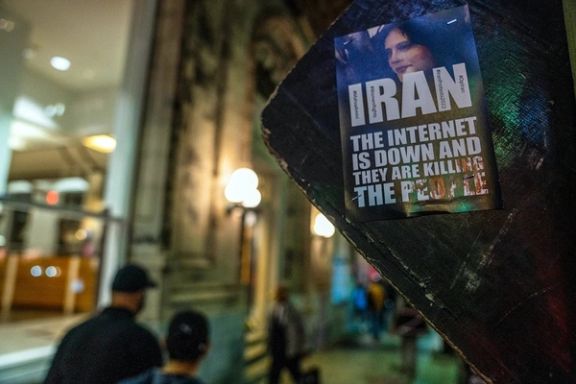
For the second consecutive night, Iran has experienced a significant disruption to its internet services, the nation's connectivity plummeting to 71% of its standard levels during the latest outage.
The development follows a consistent trend of internet restrictions within Iran, with the government exerting more pressure to quash anti-regime sentiment online, particularly relating to raising momentum for further protests in the coming days as the anniversary of Mahsa Amini's death nears.
Over the past two decades, Iran has imposed strict censorship measures on internet access, limiting citizens' ability to freely obtain information. This encompasses the blocking of numerous foreign and domestic websites, including reputable news outlets. However, these restrictions have been circumvented through the widespread use of Virtual Private Networks (VPNs) and anti-filtering software.
Recent months have witnessed a more aggressive push by hardliners in the Iranian parliament to ratify legislation that would further restrict access to social media and the internet. Additionally, reports have circulated regarding plans to launch a domestic intranet, enabling authorities to exercise greater supervision over its content.
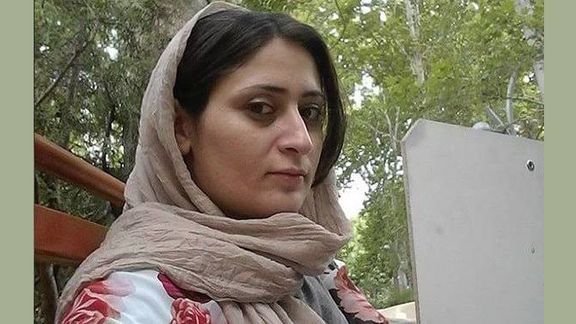
Iranian Women's Rights Activist Atefeh Rangriz was arrested and sent to Semnan Prison, 200 km from Tehran.
According to reports from the Iranian Women's Association's Telegram channel, Rangriz managed to convey this distressing news to her relatives during a brief phone call from prison.
Rangriz's initial arrest took place on May 1, 2019, during a demonstration on International Workers' Day in front of the parliament, where she was protesting alongside a group of fellow activists.
Following her arrest, Rangriz was held in solitary confinement in section 209 of Tehran's Evin prison for several weeks. During the period, she was denied any contact with her family and endured intensive interrogations without legal representation. She was coerced into confessing to allegedly planning protests deemed a threat to national security.
After weeks of interrogation by intelligence officials, Rangriz was brought before the prosecutor's office within Evin prison. She faced a series of charges, including "gathering and colluding against national security," "spreading propaganda against the system," "disrupting public order," and "insulting officers on duty."
While some detainees were eventually released, individuals like Atefeh Rangriz and journalist Marzieh Amiri received prison sentences. Rangriz was initially sentenced to 11 years and six months in prison, along with 74 lashes, in a summary trial. However, her sentence, along with those of other labor activists and protesters from the International Workers' Day demonstration, was later pardoned in the subsequent year.
The exact reasons behind Rangriz's detention remain shrouded in mystery but is one of a number of rearrests of protesters and opposition figures in the lead up to the anniversary of Mahsa Amini's tragic death.






